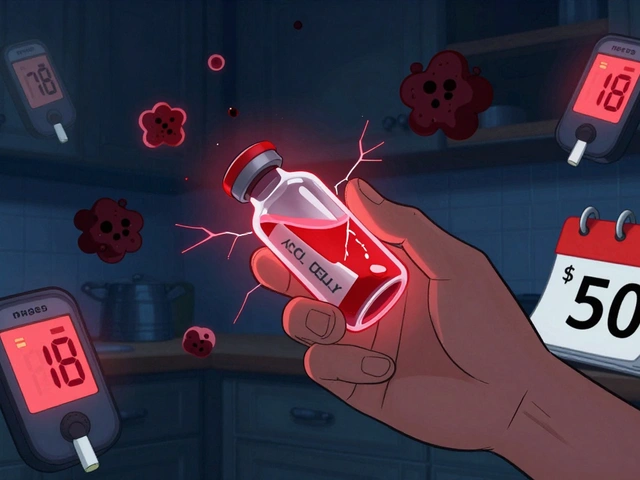Nylon vs Polyester: What You Need to Know
When you shop for clothing, outdoor gear, or home fabrics, you’ll often see either nylon or polyester listed. Both are synthetic, but they behave quite differently. Knowing the strengths and weaknesses of each helps you pick the right material without guessing.
How the fibers are made
Nylon was created in the 1930s as a smooth, strong alternative to silk. It’s made from petroleum‑based polymers that are melted and spun into thin threads. Polyester arrived a few decades later, using a similar process but with a different chemical formula. The result is a fiber that’s slightly heavier and more resistant to UV light.
Key differences you’ll notice
Strength and durability: Nylon is known for being tougher. It can handle abrasion and stretching better than polyester, which is why you see it in parachutes, high‑impact sports gear, and heavy‑duty backpacks.
Weight and drape: Polyester tends to be a bit heavier, giving it a smoother drape. That makes it a popular choice for everyday clothing, shirts, and linings where you want a nice fall.
Moisture handling: Nylon absorbs less water than polyester, so it dries faster. If you need a fabric for rain jackets or swimwear, nylon usually feels more comfortable when wet.
Cost: Polyester is generally cheaper to produce, so you’ll find it in budget‑friendly garments and home textiles. Nylon’s higher strength comes with a slightly higher price tag.
Care: Both fabrics can be machine washed, but polyester tolerates high heat better. Nylon can melt if exposed to very hot dryers, so use a low‑heat setting.
In short, choose nylon when you need strength, low water absorption, and quick drying. Pick polyester for a smoother look, lower cost, and good UV resistance.
One more tip: many products blend the two fibers. A nylon‑polyester mix can give you the best of both worlds—extra durability with a softer feel. Look for the blend ratio on the label if you want a balanced performance.
Now that you know the basics, you can shop with confidence. Whether you’re buying a hiking jacket, a set of curtains, or a new pair of leggings, compare the fabric specs and pick the one that matches your needs.
Stop skin chafe with the right fabrics. See the top materials, how they work, when to wear them, and what to avoid. Clear picks, comparisons, and real-world tips.
View Details

